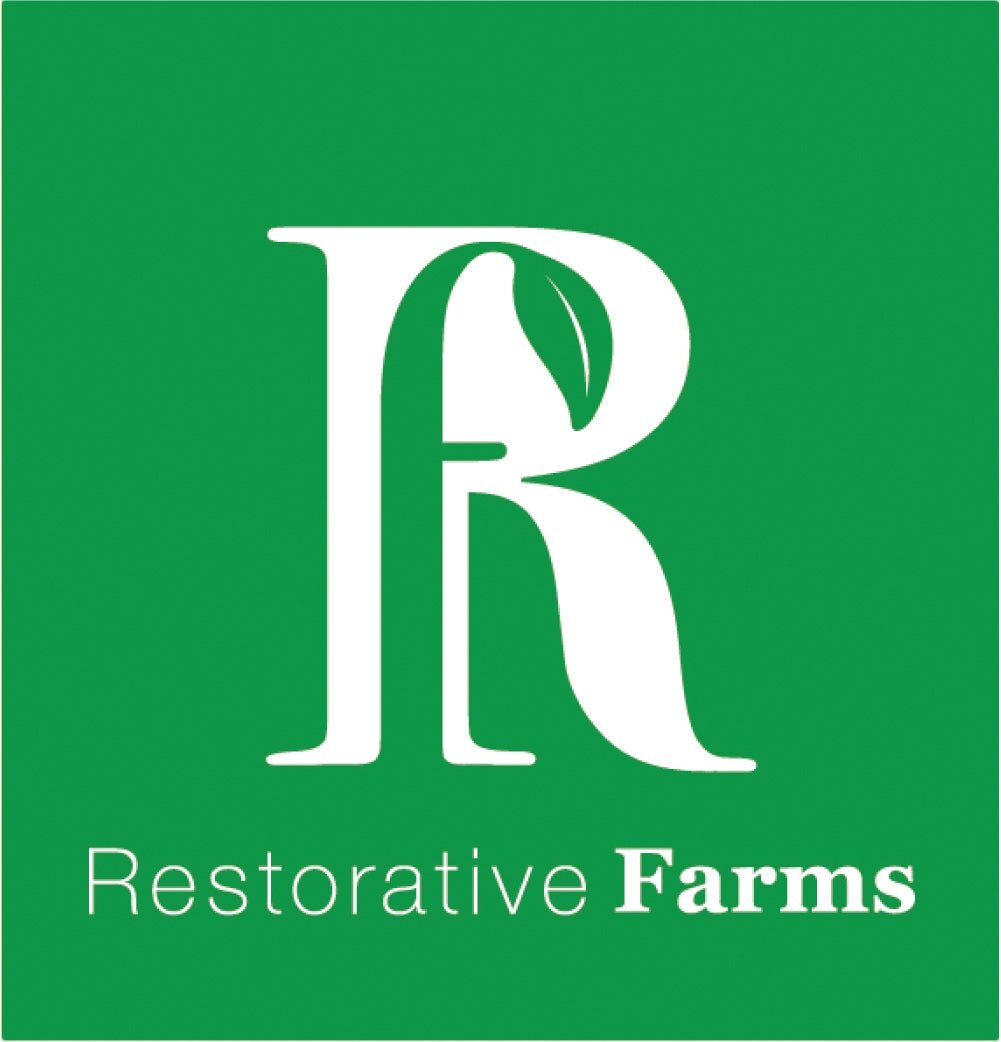‘Growing Up’ On Our Farm
Following is a heartfelt message from one of our star interns, Anna Schaeffer, about her time with Restorative Farms:
Restorative Farms became a part of my life during the first year of the COVID-19 pandemic. During the world-changing time when countless communities were redefining their relationships to one another and to the urban spaces around them, I found my own world transitioning to a more digital, less physical one. So it was a welcome invitation to join the Restorative Farms team and actually get closer to my community — and the land — than ever before.
Restorative Farms was founded with a mission to foster a vibrant and viable community-based urban farm system in the DFW metroplex. And a large part of their growth has actually happened during the pandemic. Upon joining as a volunteer, I had the opportunity to see that goal put into action. And get to see and feel my own hands in the dirt, planting seeds one by one, while conversing in person (with all appropriate health protocols in place) with the very people who produced food for the people in South Dallas who needed fresh, healthy food more than ever.
As a UT Dallas student, my interest in food deserts — areas with limited access to affordable, nutritious food — hit close to home. The USDA estimates that roughly half a million Dallas residents live in food deserts and South Dallas overlays one of the largest deserts the entire country.
Local farmers are the backbone — the lifeblood, if you will — of Restorative Farms. Through direct, low cost sales, collaborations with other like-minded local organizations, and a Community Supported Agriculture (CSA) program, they helped feed scores of families and individuals over the past handful of years. And the plan is to continue to scale a sustainable, self-supporting, and financially successful agrisystem that can continue to create good paying local jobs while improving the overall wellbeing of members of the community.
As I got to know the individuals who produced the organic fruits and vegetables that helped sustain people and bridge a vital resource divide, I had the privilege of formally interviewing many of them to develop spotlight articles about their histories, motivations, and work. These conversations reflected the dedication to their home and community and their integral parts in the production of nutritious food.
Tyrone Day, one of the cofounders of Restorative Farms who gained much of his knowledge of farming while being wrongfully incarcerated for over two decades, told me about his vision and work to develop multiple greenhouses in the area. He explained the way that restoration, for him, refers both to the cultivation of our earth and our community. Giving back to Dallas, his hometown, is a daily act of restoration.
Coy, another farmer within the CSA network, described the process of founding FAWC Conservatory of Arts and Sciences with his wife in order to mentor youth in education, career development, and life skills. The nonprofit has expanded to include agriculture as well, with an urban farm featuring more than sixty fruit trees, numerous vegetables, and a greenhouse with a hydroponic system. Their students receive hands-on training and get to work a raised gardening bed to grow their own fresh produce.
Al and Yulonda, a married couple living just south of Dallas, started out with farming as a hobby and ended up developing their property into a teaching space for children. Al’s folks were sharecroppers from Louisiana and had to work their land mostly for others. Now, their own grandchildren spend time on a farm that is wholly theirs, replete with baby chicks, rows of organic greens, and a composting system. They’ve gone so far as to create courses for local kids so that the next generation can also join in the movement.
Al has since passed away, but is warmly remembered by his wife, children, grandchildren, and community that he’s helped uplift. His dedication to his city will live on in the kindness, patience, and generosity he practiced in teaching future leaders how to treat the earth.
These are just three stories from the Restorative Farms community, each of which reflects the multifaceted mission to increase accessibility to fresh, nutritious food and employment in South Dallas — and the amazing people engaged in making this a reality. There are hundreds more stories interwoven with the metroplex’s food network, from the farmers to volunteers in community gardens to local families enjoying a hearty meal around the common table. It was a joy to amplify these small pieces of a grand narrative, one that will only continue to grow.
